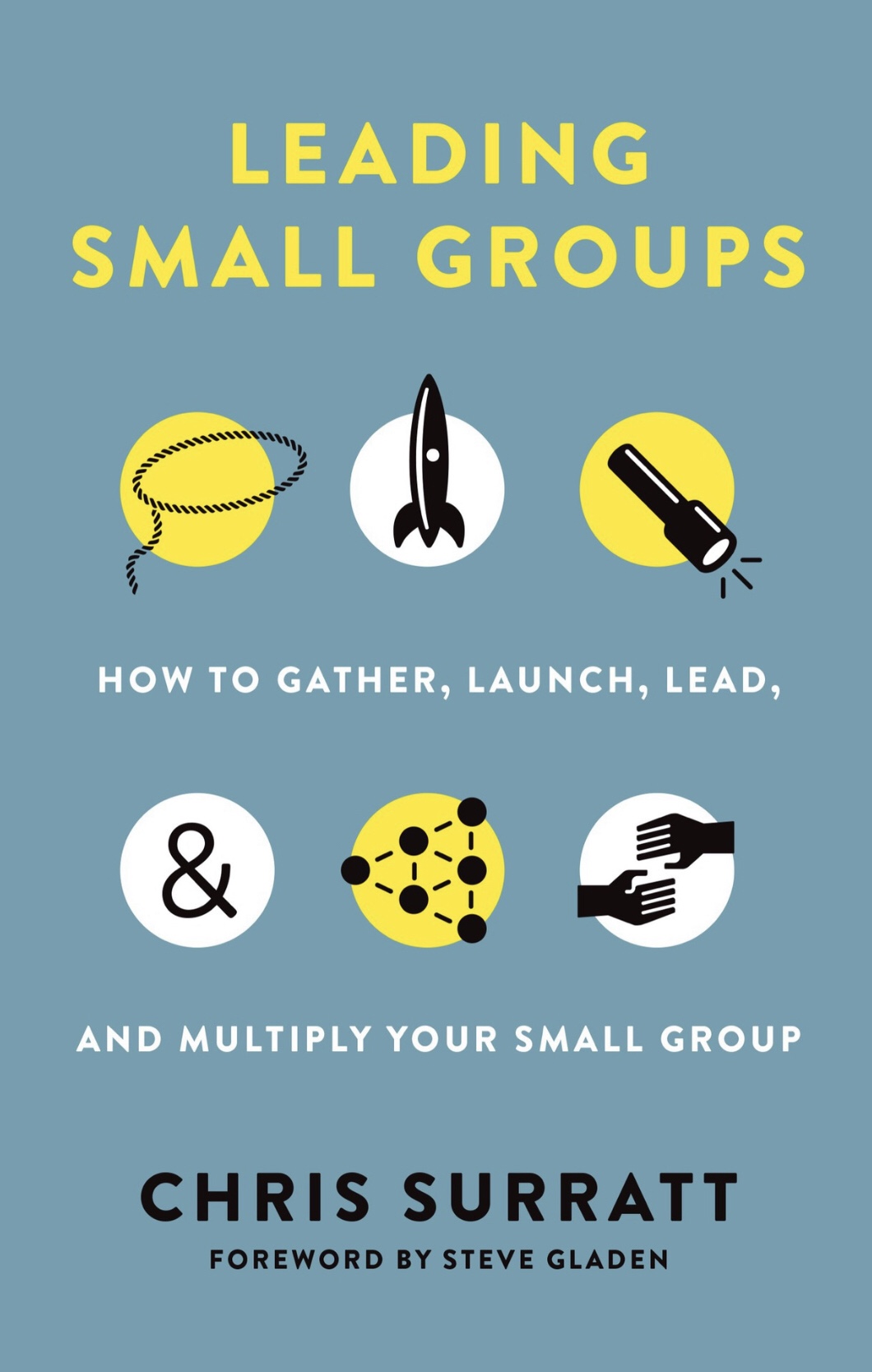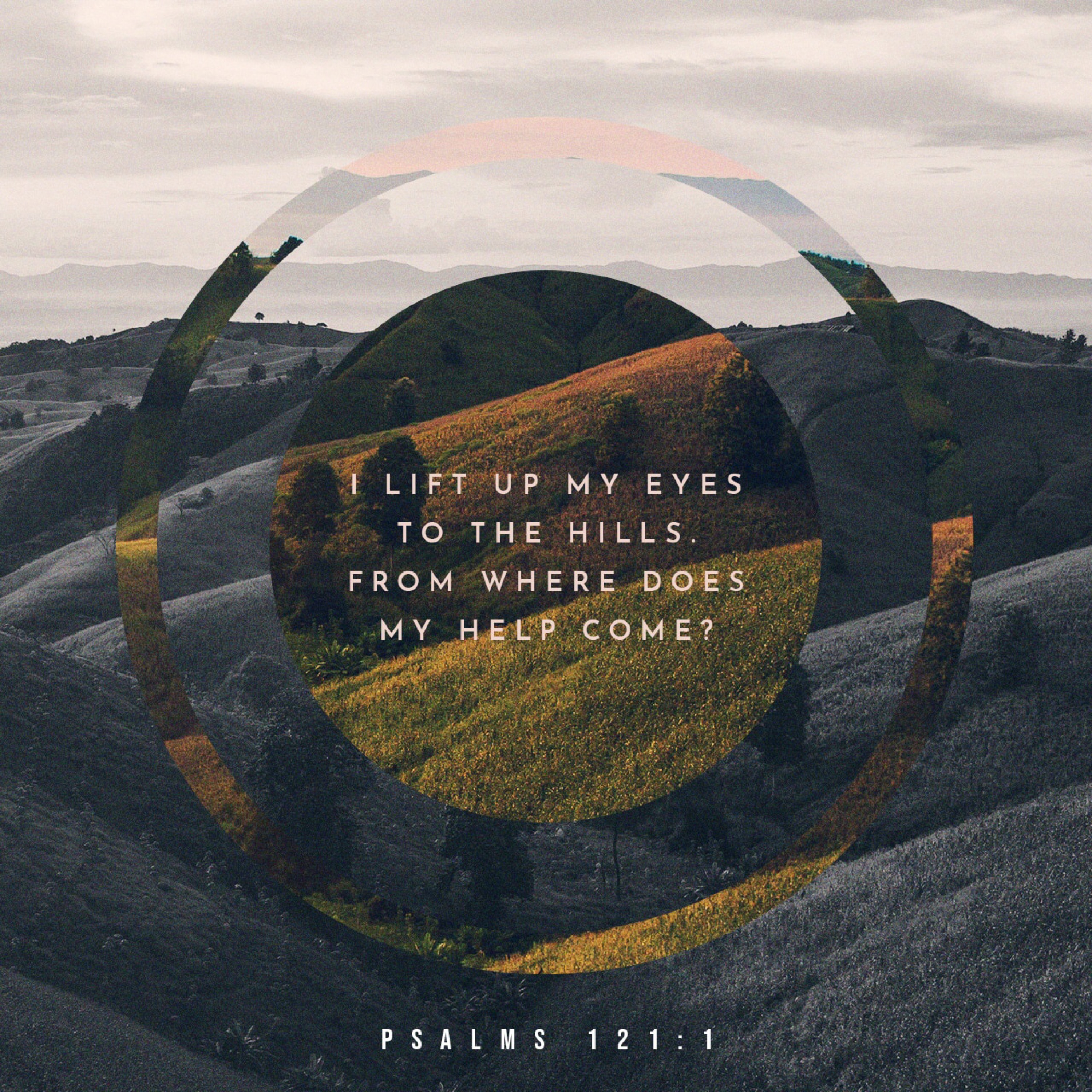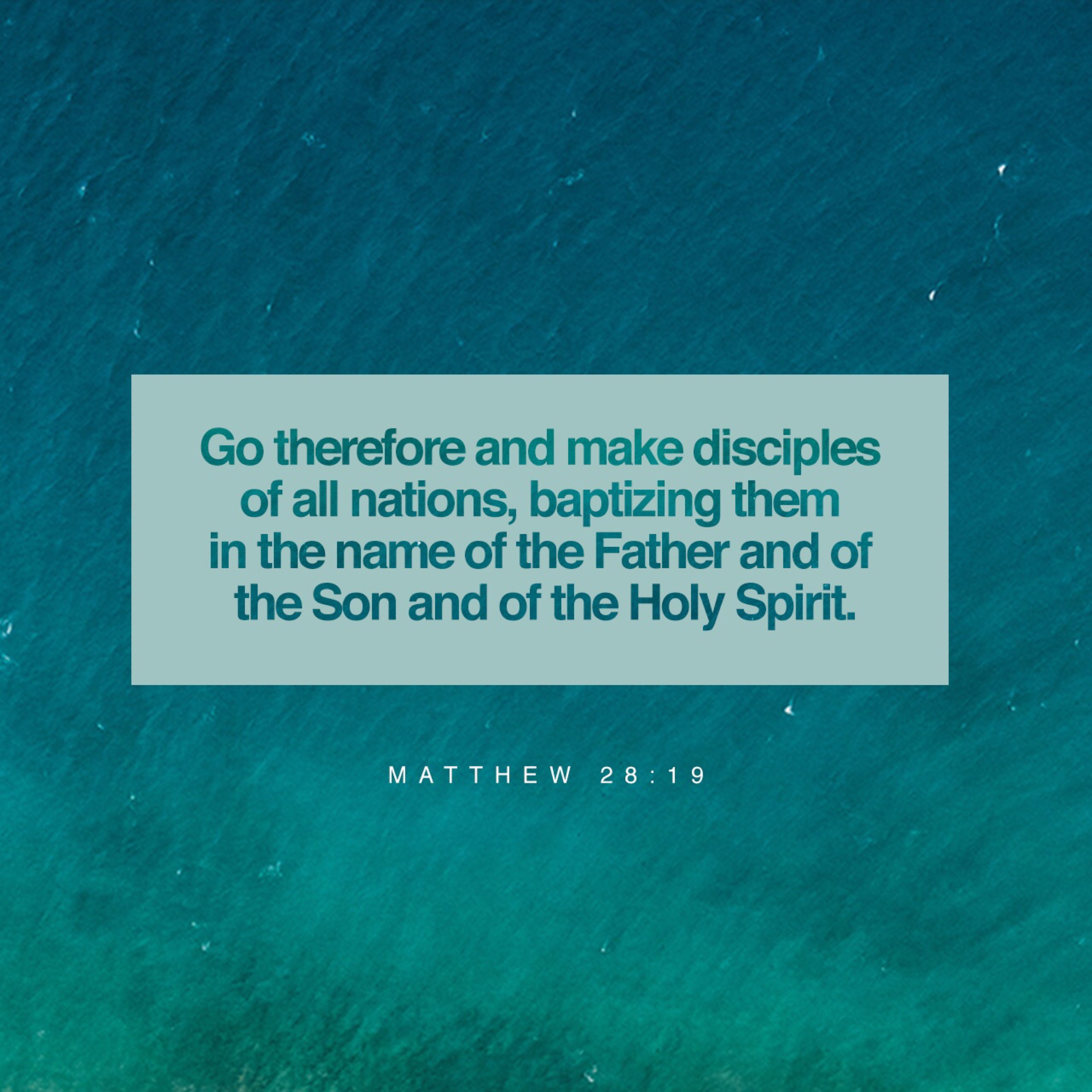#verseoftheday
#verseoftheday
#verseoftheday
#verseoftheday
#verseoftheday
Untitled
Digital Decluttering

Like it or not we live in a digital world. There are a lot of positives that come with being as connected as we are. Sometimes a quick text or email can help our team or family make on-the-spot decisions that can save quite a bit of grief now or in the future. Back in October of last year we had planned a trip to the beach, though we did not plan for a hurricane to make landfall the week before. Though the storm had passed without major damage, it had dumped a tremendous amount of rain and most of the roads we normally use were flooded and impassible. Through the Waze app, we were able to take advantage of the reports of other drivers who were constantly updating the road conditions, alerting us to unknown trouble ahead. What would have been a dangerous trip just a few years ago we were able to make safely due to technology (this technology did not extend any assistance to the swarms of mosquitos we faced that were spawned by the floodwaters, however!).
What we do face now in this digital world is an overwhelming surge of information. In the beginning of the world-wide-web, we went in search of the information. Now, the information comes straight to us-in the form of texts, emails, and notifications. With artificial intelligence and machine learning, the “bots” now know where we like to go, what we like to eat, what we like to do, and what new interesting thingamajig we should buy now and get free one day shipping. Linger too long on a picture of a sofa and next thing you know that same sofa is appearing in the sidebar on all the other websites you browse as well as several followup emails. With our smartphones, our smartwatches, tablets, computers, smart speakers, and connected devices constantly alerting us to the next bit of information it makes the Amish lifestyle look pretty good. The information overload can be immense at times and as Amy and I bemoaned recently, the 2020 Presidential election is just warming up (cue the endless robocalls, texts and emails that are impossible to stop).
I’ve found it helpful to periodically do a digital decluttering. Just like you would clean up your office, your desk, your room, your closet, your garage, (etc.), it’s important to clear up our digital workplaces and tools. Here are two suggestions that have been part of my regular routine:
1. Get control of your email.
Create some healthy separation. I literally get inundated with emails. Some are legitimate, others are not. Email marketing has exploded so my inbox gets littered with all kinds of promotions. I know this might sound dated, but when I transitioned from pastoring full-time to the marketplace, I quickly realized the necessity of maintaining a separate email address. I didn’t need to have legitimate work emails get lost in the shuffle of amazon and apple receipts and notifications, not to mention the 1000 of other benefits of having the same personal @yahoo email address since the 1990’s.
Get to inbox zero as quickly as possible. I never dreamed I could do it, but the feeling is amazing. Carey Niewouf has a very helpful post entitled, 3 Simple Steps to Get to Inbox Zero on his site. It’s not rocket science, but so helpful if you can do get there and stay there.
Turn down the notifications. You can do this on all your devices. For me it means my phone doesn’t continually fetch for email unless I specifically open the email app. Email is a less immediate form of communication (unlike phone calls or texts) and I’ve found that it helps stay focused to checking email when I have time to check email, not whenever email feels like it (I.e., constantly).
2. Clean Up Your Workspace
They say a cluttered desk is sign of a cluttered mind. That can be said of our desktop (on our computers) or the number of apps on our tables and smartphones.
For the laptops or desktops we need to periodically clean the actual desktop screen. You know, all the random files or icons that may have found their way there as a result of needing to download or find something quickly. Clean it up, file away the things that need to be saved, and delete what you don’t need. It might mean uninstalling some old, outdated applications that you no longer need. For our smartphones and tables take a look at your apps in the same way. We may have downloaded hundreds of the latest and greatest game, app, or time waster that is simply cluttering up and taking up space on our device. Clear it out and simplify your life.
Just like tidying up a room can improve your well-being, getting a handle on the digital clutter can help your mind breathe and relax. With the advance of technology continuing to pick up speed it looks like we are going to have to stay vigilant and take back our devices for our own sanity!
How about you, what are some tips for digital decluttering you would add to the list?
Devotional – Finding Wholeness
“Praise the Lord! Blessed is the man who fears the Lord,
who greatly delights in his commandments!” Psalm 112:1 (ESV)
 I’m taking some time this week to disconnect from my normal pace and schedule to get alone and get away in an attempt to hear from the Lord. This year I’ve been doing some introspection, learning about myself, how I’m wired. I’m trying to get a handle on why I allow certain things to frustrate me, why I tend to wear down carrying the burdens of others, why I’m struggling during this season with patience.
I’m taking some time this week to disconnect from my normal pace and schedule to get alone and get away in an attempt to hear from the Lord. This year I’ve been doing some introspection, learning about myself, how I’m wired. I’m trying to get a handle on why I allow certain things to frustrate me, why I tend to wear down carrying the burdens of others, why I’m struggling during this season with patience.
The Bible speaks to the heart, mind, and soul of the human condition. It tells us why the world is so messed up. It tells us why we are so messed up. But unlike a social media rant it doesn’t end there, it gives us the solution. What we would call wellness, wholeness, or contentment the Bible often calls being blessed. While there are many passages which speak to this idea one in particular, Psalm 112:1 gives three characteristics of the person who would be blessed.
1. The Blessed Live A Life of Worship. The Psalm opens with the exultation, “Praise the Lord!” Or just straight from the Hebrew, “Hallelujah!” The Psalms themselves were originally composed as songs of praise. We are left with the lyrics, but not the tunes. What a joy it is to join with the community of faith and sing praises to the Lord. How awesome is it that the Spirit is still inspiring new songs of worship and praise. In what feels like eons ago I was privileged to lead one of the most energetic southern baptist choirs. Back in those days sheet music was printed and bound and shipped to you. We subscribed to several worship clubs that several times a year would send huge boxes via UPS filled with CD’s a samples of new music. It would usually be this time of year (August) that the anticipated Christmas box would arrive and beach week would involve listening through several different musicals in order to make a final decision. We are one experiencing an explosion of God-centered, gospel proclaiming worship music. We now live in an era in which songwriters and artists can instantly share their creations with the masses. With digital distribution we can hear a song for the first time one day and share it with our particular church the very next. With our magical mobile devices we can carry this music with us everywhere we can and whether we are in the car, on the bus, at the coffee shop, we can fill our hearts with God’s praise and make a joyful noise as we go. Let’s praise the Lord.
2. The Blessed Live A Life of Reverence, or as the Pslamist says, “fears the Lord.” Fearing the Lord in Hebrew isn’t abject terror or an irrational fear, but closer to the ideas of respect, honor, or awe. This idea of reverence is to be placed on its object – the Lord. What does it mean to live a life of reverence to God? While it led some in the ancient church to go out in the desert and live in caves and it led others to shun the world, shave their heads, and take monastic orders, I think in todays time it takes multiple forms. I believe a life of reverence to God means waking up each morning and putting God first in your life-no matter what the day brings. I believe a life of reverence to God means taking what God has spoken over us with us when we go to work, to school, or to play. God is not a component of our life-He is part of our real life.
3. The Blessed Live A Life of Faith. Here the Psalmist says that the blessed “greatly delights in his commandments.” When we read commandments in our culture what might be conjured up are a list of rules, of do’s and don’ts. When the psalmist says “commandments” he is using a synonym to mean God’s Word, or His truth. To greatly delight in God’s Word means not just taking in God’s Word-by reading the Bible, prayer, meditation, listening to sermons and podcasts. If we fill our minds with all the knowledge that Scripture has to offer, but do not put it into practice we may have orthodoxy, but a dead one. The Blessed fill themselves with God’s Word and then seek to live it out! One activity I’m doing right now as I read Scripture is to write down either God’s promises or the truth that He speaks over me. In an age of trolls, social critics, and a terrible amount of just overall negativity I’ve found it helpful to my soul to hear what God says about me, that I’m loved, forgiven, redeemed, strengthened, and encouraged.
My prayer is that you may find peace and contentment that can only be found in following Jesus.
Book Review: Leading Small Groups by Chris Surratt

I recently picked up a copy of Chris Surratt’s Leading Small Groups. The author currently serves as discipleship and small groups specialist at LifeWay. As a small group leader and a leader of small groups this newly released book looked like it was worth a look. For the person who is a leader of small groups, the content of this book contains most everything you should already know (I.e., it’s not rocket science). Where this book excels is in its value to the small group leader, especially one who may be about to lead a group for the first time.
Breaking down the chapters, Surratt organizes his book around four sections: gathering a small group, launching a small group, leading a small group, and multiplying a small group. He covers all the questions you need to answer in getting a small group started, keeping it balanced and on mission, and then how to multiply it (or when to know when it’s done). The chapters are filled with personal stories and examples which help reinforce and illustration what he has learned along the way (the good, the bad, and the ugly). Surratt also gives clear application points and provides relevant discussion questions at the end of each chapter.
This book is an excellent read for for anyone who leads a small group or to use as a small group training guide or resource. My plan is to provide a copy for all of our Life Group leaders at Restoration Church ahead of this upcoming fall semester and using it as a coaching guide. It’s available in both print and kindle formats.






